Fuel cells will flop outside Japan, says VW
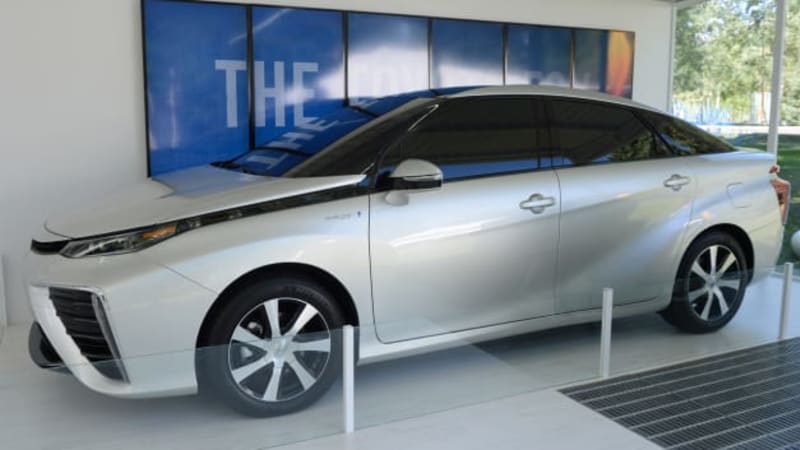
"It may fly within Japan, but not globally," VW's Shoji said.
It's long been battered into our beleaguered auto writer brains that the ultimate future source of motivation for tomorrow's cars and trucks is not gasoline, diesel, electricity, natural gas, propane or solar power - it's the hydrogen fuel cell. It's been the Next Big Thing since the start of Next Big Things.Despite decades of prophesizing, the availability of fuel-cell vehicles and the infrastructure to go with them remains exceedingly limited. And to hear Volkswagen explain it, things aren't poised to get any better any time soon.
The German manufacturer's Japanese president, Shigeru Shoji, tells Bloomberg that FCVs aren't likely to catch on beyond Japan's borders, where the vehicles have a shot at catching on due to huge subsidies offered by the government. Hydrogen buyers in Japan can receive up to $28,500 in breaks from the government if they adopt the zero-emissions vehicles.
"It may fly within Japan, but not globally," Shoji told Bloomberg in an interview.
The heart of the issue rests, not surprisingly, with costs. Because storing and transporting hydrogen and building out the necessary infrastructure to make it available to consumers is so pricy, the government of Prime Minister Shinzo Abe - which as Bloomberg explains it, is targeting a "hydrogen society" - needs to incentivize adoption.
Volkswagen's statement comes as Toyota prepares to launch a fuel-cell vehicle (shown above) on the American West Coast. With sales slated to kick off year, Toyota expects the cost to fill up the FCV to start at around $50 before falling to $30. VW, doesn't seem too sure of that, though.
"There are still a lot of questions lingering about how practical it is even though Toyota launches next year," VW spokesman Yasuo Maruta told Bloomberg. "By the time it gets very usable by the normal customers, it's maybe still a decade or two decades away." Related GalleryToyota Fuel Cell Vehicle
Source
Read Also:
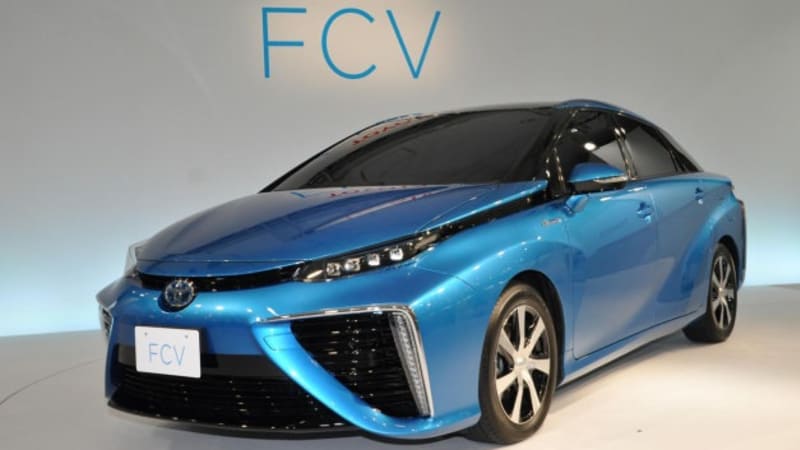
Japan offering $20,000 incentives for hydrogen fuel cell vehicles
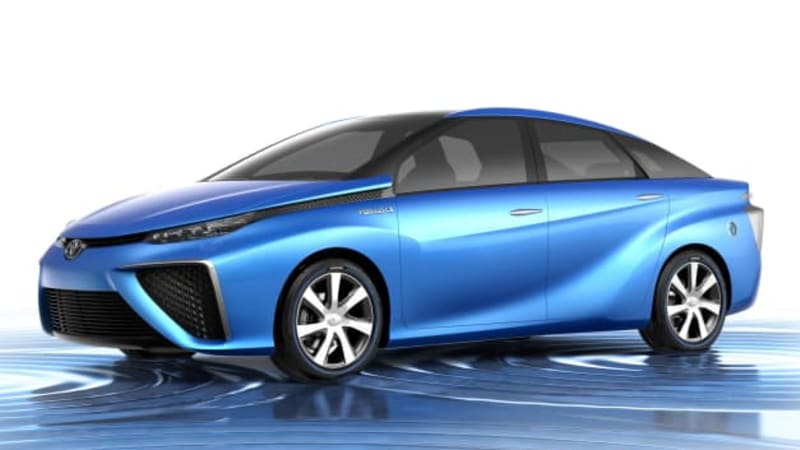
Japan's government gives hydrogen vehicles a big boost

Japan wants to boost fuel-cell numbers 100x by 2020

Tokyo wants 6k fuel-cell cars from Toyota and Honda for 2020 Olympics
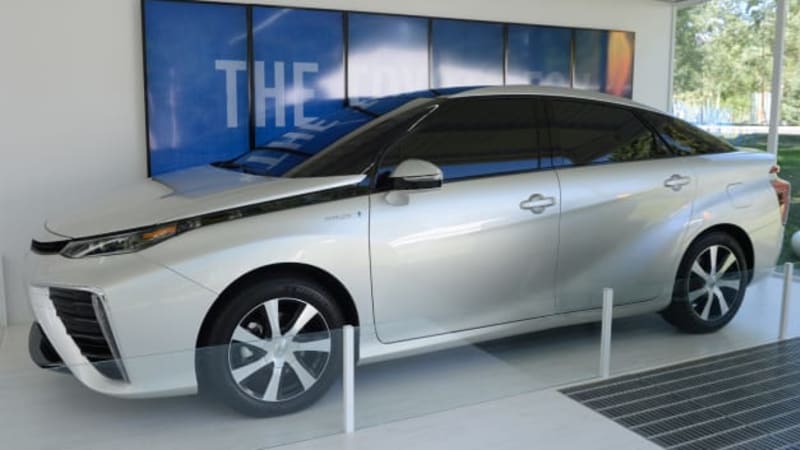
Japan considering offering free hydrogen cars because $30k incentives apparently not enough
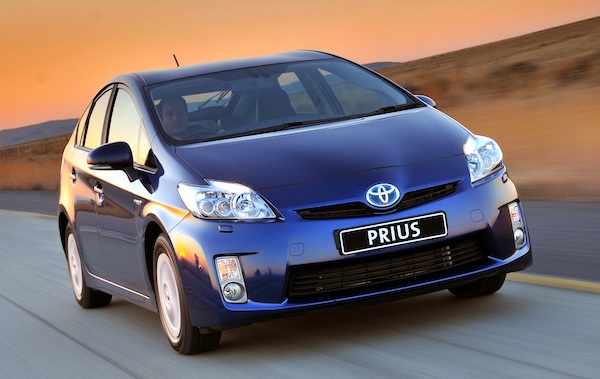
Japan subsidies toyota
